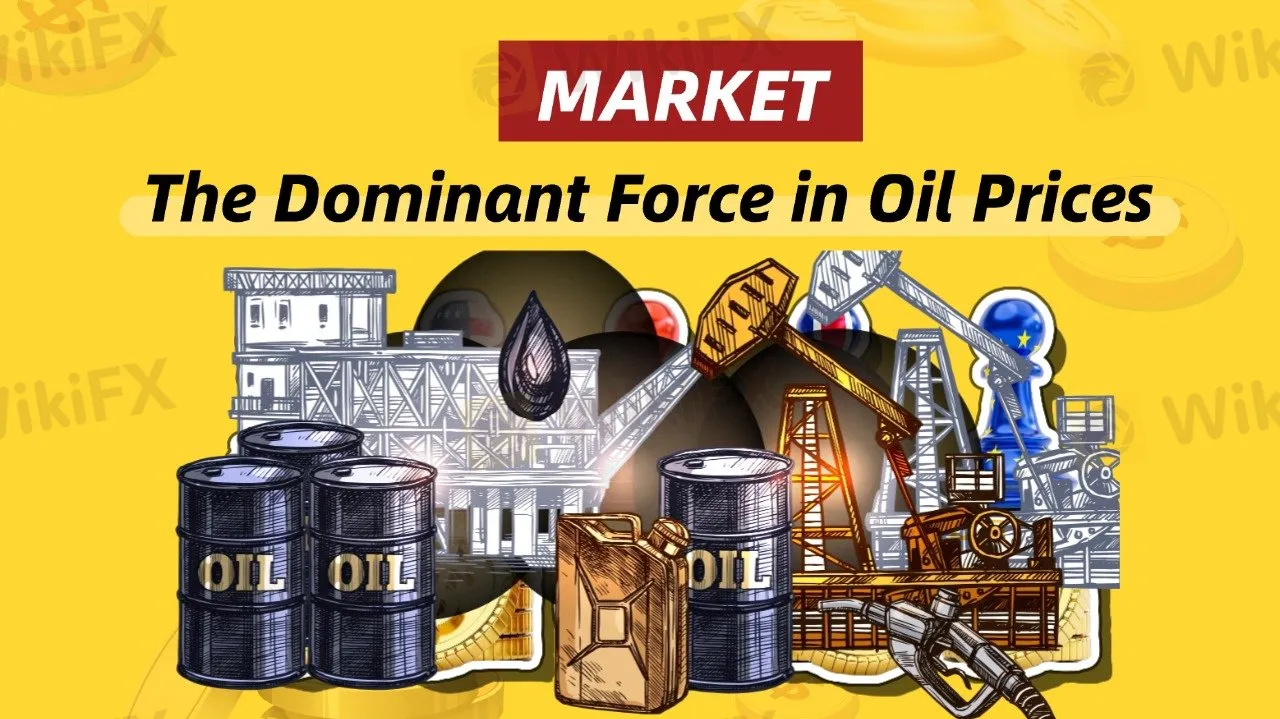简体中文
繁體中文
English
Pусский
日本語
ภาษาไทย
Tiếng Việt
Bahasa Indonesia
Español
हिन्दी
Filippiiniläinen
Français
Deutsch
Português
Türkçe
한국어
العربية
Market: The Dominant Force in Oil Prices
Abstract:Recent fluctuations in oil prices have raised concerns, especially with the sharp rise in gasoline prices.

The Independent Petroleum Marketers Association of Nigeria (IPMAN) revealed that gasoline stock prices surged by 4.7%, increasing from 907 naira per liter to 950 naira. This hike is closely linked to the rise in crude oil prices, which have climbed from $73 to $80 per barrel, directly impacting gasoline prices. To cope with the price fluctuations, many marketers have turned to Dangote Refinery, though this has also introduced some uncertainty regarding the future price trends.
The Nigerian Minister of Petroleum Resources, Heineken Lokpobiri, made it clear that oil prices will be determined by the market, not government intervention. He pointed out that price fluctuations are normal in a deregulated market, with global oil prices always influencing local product prices. Lokpobiri also emphasized that the purpose of deregulation is to allow prices to adjust naturally according to market demand. Therefore, future price volatility cannot be predicted, and it is not something the government can control. He further added that the governments current focus is on ensuring fuel quality and supply stability, rather than controlling fuel prices.
This statement has somewhat alleviated market concerns. Although the rise in oil prices has created short-term pressure in Nigeria, the government has clearly stated that it will not intervene in price setting. This means prices will increasingly depend on the market‘s supply and demand. Market competition will drive natural price fluctuations, helping to avoid supply shortages or dramatic price hikes. For consumers and investors, the government’s position provides clearer expectations for future price changes, allowing for better adaptation to market fluctuations.
While the government is gradually loosening control over prices, it is ultimately market forces that will dictate the final price. For oil-producing countries like Nigeria, adapting to market rules and responding flexibly to future changes are key to maintaining stable development.

Disclaimer:
The views in this article only represent the author's personal views, and do not constitute investment advice on this platform. This platform does not guarantee the accuracy, completeness and timeliness of the information in the article, and will not be liable for any loss caused by the use of or reliance on the information in the article.
Read more

Gold Breaks $3,300 Barrier—Time to Celebrate or Caution?
Gold hits record high—rally or risk ahead?

FCA Proposes Simplifying Investment Cost Disclosure for Retail Investors
FCA plans to cut “imprecise” transaction cost disclosures for UK investment products, making cost info clearer and easier for retail investors.

WeTrade Secures CySEC License to Expand EU Trading Services
WeTrade secures a CySEC license, allowing EU-wide operations. The approval boosts services, partnerships, and trust across the global trading community.

Elites Gather in Taipei to Forge a New Forex Ecosystem
On April 19, the exclusive cocktail party hosted by WikiFX Elites Club concluded successfully in Taipei. The event brought together local forex industry leaders, seasoned experts, and elite practitioners to discuss industry trends and share cutting-edge insights. It fully demonstrated WikiFX’s irreplaceable value as a globally leading forex investment ecosystem platform in gathering industry wisdom and driving sector development.
WikiFX Broker
Latest News
eXch Exchange to Shut Down on May 1 Following Laundering Allegations
How a Viral TikTok Scam Cost a Retiree Over RM300,000
FCA Proposes Simplifying Investment Cost Disclosure for Retail Investors
JT Capital Markets Review
Fresh Look, Same Trust – INGOT Brokers Rebrands its Website
Think Scams Won’t Happen to You? That’s Exactly What Scammers Count On
Beware of Gold Bar Investment Scams: Rising Threats
Finalto Teams Up with Alphaville for 2025 London Quiz
Kraken Launches Forex Perpetual Futures on Kraken Pro Platform
Elites Gather in Taipei to Forge a New Forex Ecosystem
Currency Calculator


